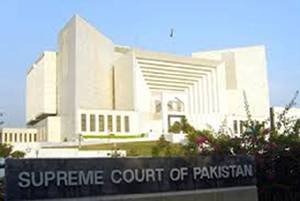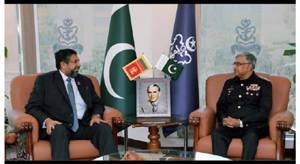
The screening of “Israelism” at Hunter had been planned since June, according to Tami Gold, a professor in the film and media department who organized the screening. The movie, made by a nearly all-Jewish team, follows two young Jews, Simone Zimmerman and Eitan (who withholds his last name). In the West Bank, where Eitan served in the military, they meet Palestinians and Israelis, encountering the realities of the more than five-decade-long occupation.
The film also features outside experts, including the philosopher Cornel West, a supporter of Palestinian rights who is now running for president; Jeremy Ben-Ami, the founder of the liberal Jewish group J Street; and Abraham H. Foxman, the former national director of the Anti-Defamation League, who connects his staunch support for Israel to his experiences as a Holocaust survivor. (In June, Foxman wrote on social media that he regretted participating, calling it “an anti-Israel and anti-American Jewish community film.”)
Daniel J. Chalfen, one of the film’s producers, said there had initially been some “pushback,” including when a screening in June was hosted by the Israel studies center at the University of California, Los Angeles. “Otherwise, there was no safety or security issue prior to Oct. 7,” he said.
After the Hamas surprise attack that day, which killed about 1,200 people, according to the Israeli government, screenings were paused for about 10 days, Chalfen said. Since then, some venues have asked to postpone, and a screening at Grinnell College in Iowa was canceled.
Hunter’s decision, Chalfen said, was the result of “a very organized campaign to shut it down.”
Kelly Anderson, the chair of the film and media department, said that on Nov. 8, she received an email from an administrator with the subject line “Just in case you thought this had died down.”
The email said that over the previous 14 hours, Hunter had received between 250 and 300 copies of an identical email calling on the college to cancel the screening.
“It’s not portraying an interesting viewpoint,” the emails said of the film. “It’s simply promoting anti-Israel sentiment. There is never a time to air this film, but especially not at a time when the A.D.L. reports that incidents of harassment, vandalism and assaults against Jews have increased by 388 percent over the same time last year.”
Last week, another email campaign emerged on Facebook, encouraging people to send a different, more harshly worded email urging Hunter to cancel the film, which was described as “antisemitic.” The film was “solely created with the goal of convincing its viewers that Israel is an apartheid state, and that the Palestinians have been victimized,” the letter claims.
On Friday, Anderson and Gold said, they were approached by the dean, Andrew Polsky, about security issues. He suggested hiring an extra security guard, but was generally supportive of going forward, they said.
But then Polsky got in touch again, saying that access would be limited to students and faculty and staff members. Anderson said she was not worried about safety, particularly once no outside audience was permitted. “Our students are so used to being in classrooms with people different from them,” she said. “I think the heat is really online, with these groups that are riled up.”
But on Tuesday morning, Anderson was told that Kirschner had decided to cancel the screening entirely. (DiMiceli said that both Polsky and Kirschner were unavailable for comment.)
In a meeting that morning, Anderson said, Kirschner reiterated her concerns about safety, and also said she found the tone of the film’s trailer “mocking.” No one in the room, including herself, had seen the full documentary, Anderson said. (DiMiceli, in an email, said that Kirschner had found the tone of one scene, featuring a Jewish day school student, “mocking.”)
On Tuesday night, even though the screening was forbidden, roughly 70 students and faculty members met to talk with the director and one of the people featured in the film.
“Everyone was extremely respectful of one another,” Anderson said. “It was a very mixed group. They were unhappy with this decision. They felt censored.”
Marc Tracy contributed reporting.







